Do You Need Insurance for Your E-Bike in the U.S.? A Complete Guide
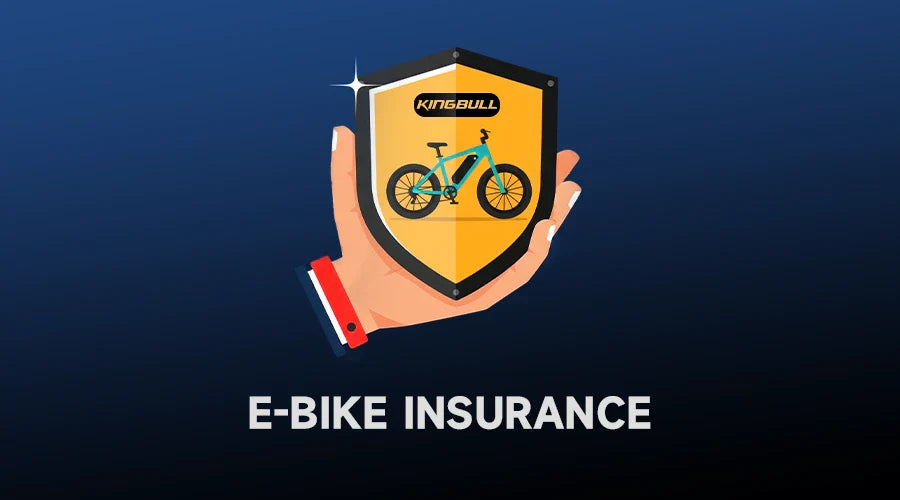
Electric bikes (e-bikes) are booming in popularity across the U.S. — from daily commuters in big cities to weekend riders exploring trails. But while most people think about range, speed, or motor power when buying an e-bike, one important question often gets overlooked: Do I need insurance for my e-bike?
The answer depends on where you live, how you ride, and the type of e-bike you own. Let’s break it down.
Why Consider Insurance for Your E-Bike?
-
Theft is common. E-bikes are valuable and attractive to thieves. A stolen e-bike can mean a big financial loss.
-
Accidents happen. If you accidentally collide with a pedestrian or vehicle, you could face liability costs.
-
Repairs can be costly. Batteries, motors, and frames aren’t cheap to replace if damaged.
-
Peace of mind. Insurance can make riding stress-free, especially for daily commuters.
Types of Insurance That May Cover E-Bikes
1. Homeowners or Renters Insurance
-
Often covers theft of personal property, including e-bikes, if stolen from your home or garage.
-
Usually does not cover accidents, liability, or damage while riding.
-
Important: Some policies exclude e-bikes with motors. Always confirm with your insurance provider.
2. Specialized E-Bike Insurance
Providers like Velosurance, Spoke Insurance, or Markel Insurance offer dedicated e-bike coverage. These typically include:
-
Theft (at home or on the road)
-
Collision or crash damage
-
Liability if you injure someone or damage property
-
Medical payments for injuries
-
Roadside assistance in some cases
👉 Best for frequent riders, commuters, or anyone with a high-value e-bike.
3. Personal Liability or Umbrella Policies
-
Protects you if you cause injury or damage while riding.
-
Often used to supplement other coverage.
4. Health Insurance
-
Covers your own medical costs if you get hurt in an accident.
-
Does not cover bike repairs or damage to others.
5. Motorcycle/Moped Insurance (in Some States)
-
If your e-bike is faster or more powerful (class 3 or modified), your state might classify it as a moped.
-
In this case, you may be legally required to carry insurance similar to motorcycle coverage.
Which Insurance Is Right for You?
-
Casual riders with low-speed e-bikes (Class 1 or 2):
Homeowners/renters + health insurance may be enough. -
Daily commuters or higher-value e-bike owners:
Specialized e-bike insurance is worth it. -
High-speed e-bike riders (Class 3, 28 mph):
Check your state laws — you may need motorcycle-style coverage.

Final Tips Before You Ride
✅ Always lock your e-bike with a high-quality lock — insurance won’t stop theft but can reduce the financial hit.
✅ Keep receipts, photos, and serial numbers — this makes claims easier.
✅ Check your state’s e-bike classification laws before choosing coverage.
Bottom Line
While not legally required in most states, insurance for your e-bike is a smart investment if you ride frequently, commute daily, or own a higher-value model. The right policy can protect you from theft, costly repairs, and liability — giving you confidence every time you hit the road.




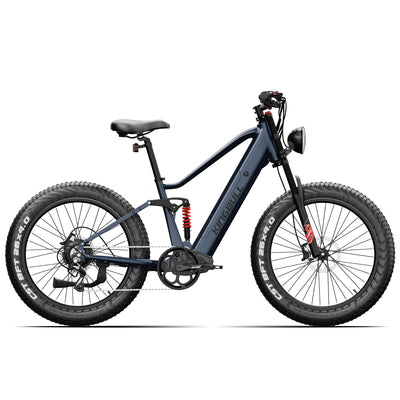

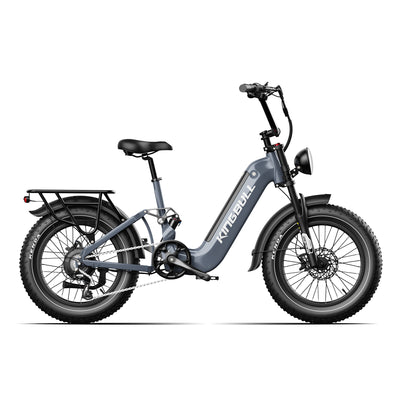
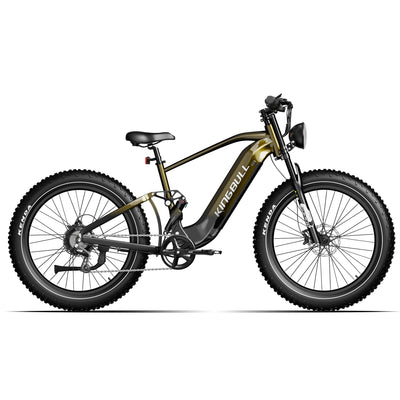
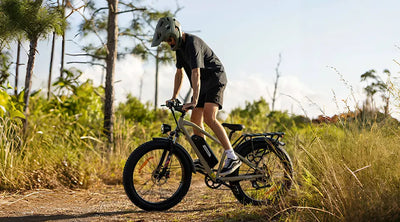

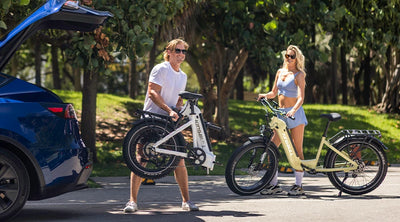
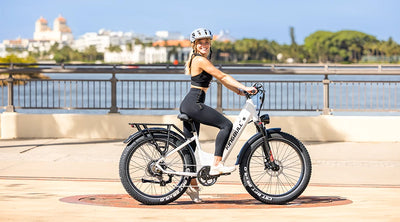
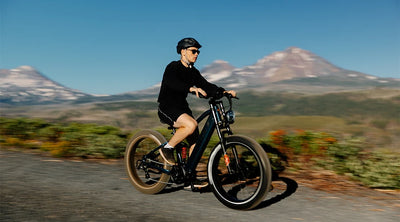















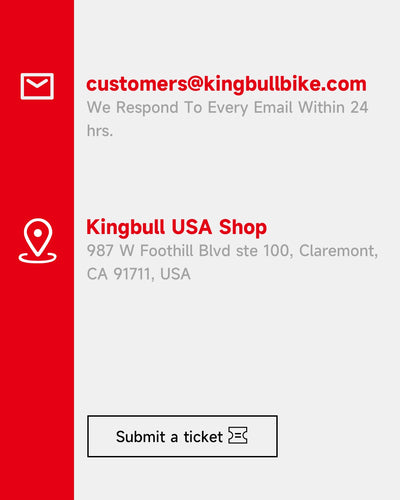




Leave a comment